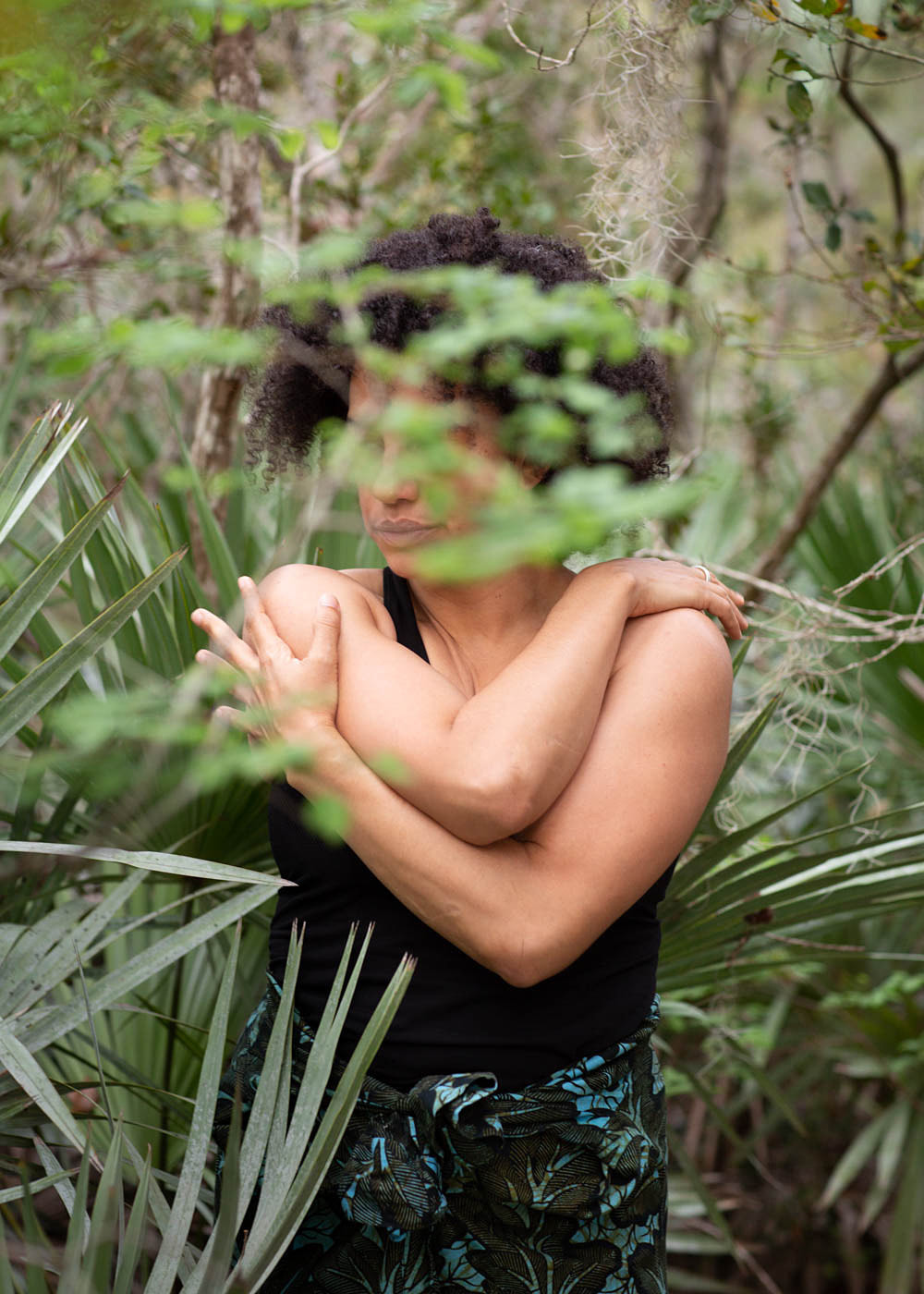|
By Nicole Harris
Learn more about Jessica and her work here. Learn more about NACHMO Boston and take the #MonkeyhouseNACHMOChallenge by following us on Instagram. Nicole Harris: For NACHMO this year you are choosing a non-performance track. How do programs like this benefit your process? Are you working towards a specific project outside of NACHMO that you are using your NACHMO time for? Or is this purely exploratory?
Jessica Roseman: NACHMO is the perfect reboot for the start of my year. I love its casual creativity, playfulness, and the supportive environment. This year, I am combining several repertory dances into one longer piece, and I am playing with an interactive installation concept. At this point, both projects are in exploration phases, as I have yet to figure out where or when they will actualize. N: If this is purely exploratory, or in other places without a clearly defined end product, how do you make sure the process is meaningful? JR: Working by myself, I have zero tolerance for tortured process. Alone, I am responsible for meaningfully shaping my work to suit my vision. So I think a lot about what motivates me to dance, what excites me. I am inspired to use stories from my family and identity, by using my senses, and my location. N: What are your tools for prioritizing process at least equally to product? JR: Scheduled time in the studio. In rehearsal, I set my stopwatch for 5 or 20 minutes, for example, to play out a beginning, middle, and end around an idea. I may do timed dances several times throughout a rehearsal. Often the dance is aimless; some sessions I choose to do nothing. Sometimes I phone a friend in rehearsal, or bring in stimulating props for encouragement. Regardless of what happens, by putting in my studio time, I can trust that my process is growing the dance. Over enough weeks, I come to understand a sense of the story I am shaping. Inevitably, I develop a dance I can live in. My process becomes product. N: You’ve built three distinct pieces for fairly high profile programs in the last year. Do you have any advice for choreographers to care for themselves in the midst of those high pressure situations? JR: Choreograph wellbeing into your dance. If the piece is emotionally or physically taxing, put a recuperation section in there, or creatively modify the action! Work with things, people, costumes, music that make you happy. Bake care into your artistic process and business practices - schedule daily writing, life coaching, affirmations, play, and rest time to keep grounded. Surround yourself with people who you easily share with and trust. Be honest with yourself. Don’t be afraid to say no, or to ask for what you need. N: Thanks to a conversation from you a few years ago we started offering childcare during mentoring, tech, and performances for choreographers who need it. Are there other ways that programs like NACHMO Boston can be supporting artists who are parents? JR: One of my biggest challenges as a parent is balancing my time and energy. I really appreciate how NACHMO offers flexible options in scheduling dates for mentoring sessions, and how to participate. I would love programs for parenting artists to consider offering open, cumulative scheduling, allowing the artist to choose a schedule that works for them. It would be ideal if other programs asked accommodation questions to parent artists up front, even if they’re unable to provide. Parents need to feel welcomed to ask for support; so thank you for asking! N: Monkeyhouse and NACHMO Boston believe that we wouldn’t be here without the support of our community. Who is one of your favorite local choreographers and why? JR: The work of Laura Sánchez really resonates for me, among many other local choreographers. Laura is creating new ways to incorporate all aspects of her being in her dances, including beyond her expertise in flamenco. I am excited to see what she’s doing next!
0 Comments
Leave a Reply. |
Categories
All
Archives
April 2023
|
MONKEYHOUSE

 RSS Feed
RSS Feed
